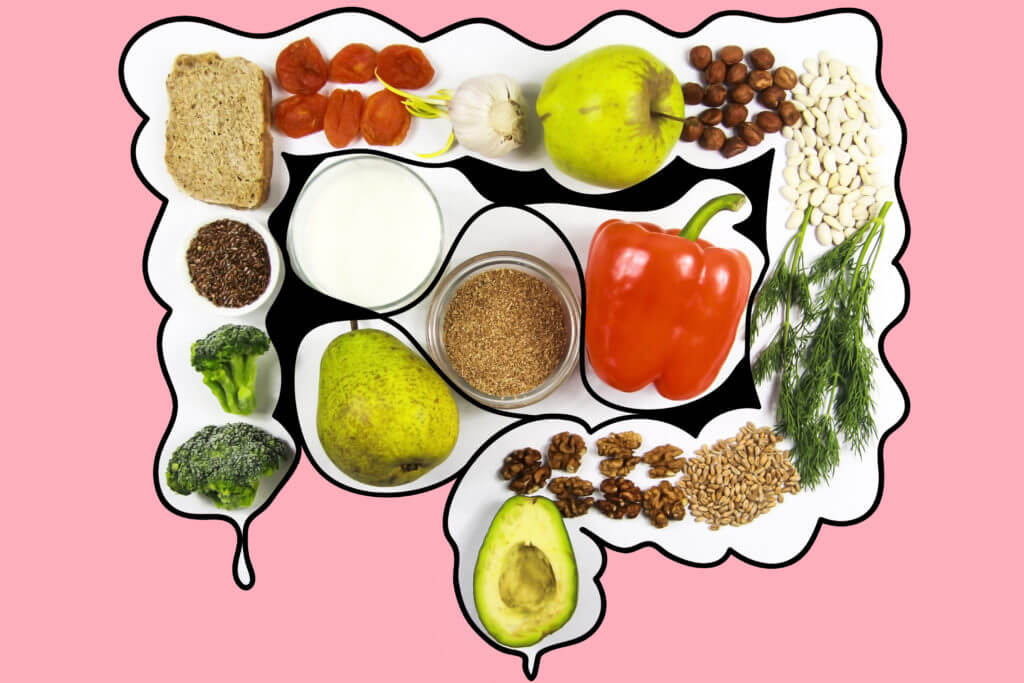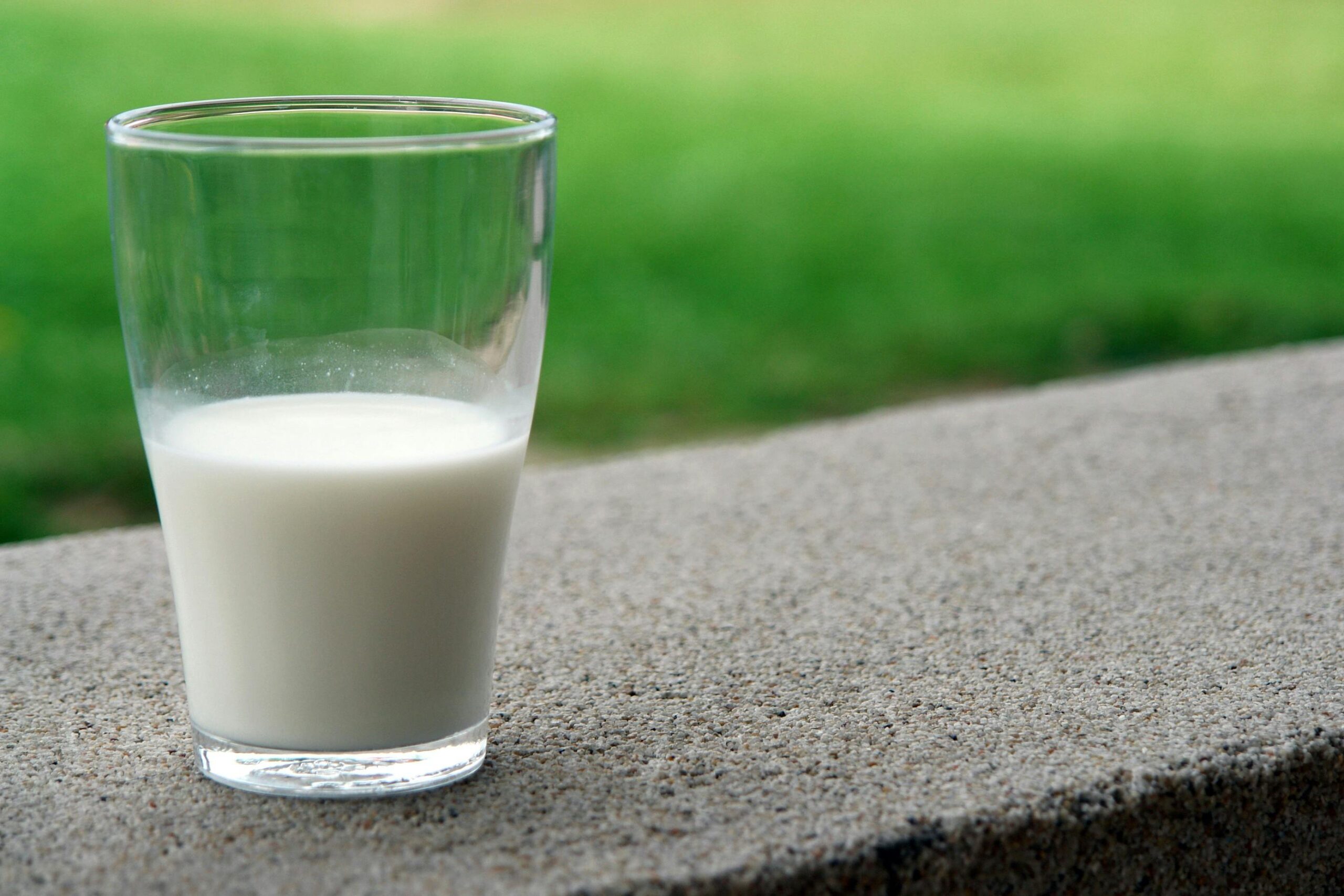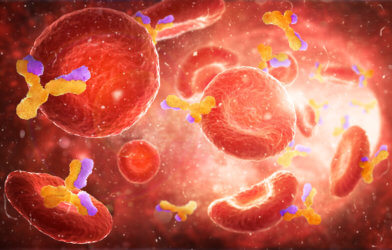A new mouse study is strengthening evidence linking diet and gut health. While scientists have long known about the importance of diet in immune health, the current study identifies the molecular mechanism behind this relationship. The food taken into your body can influence the release of a metabolic byproduct made by a specific gut microbe that regulates immunity.
The microbial molecule is involved in activating and signaling a type of immune cells called natural killer (NK) T cells. NK cells have been associated with multiple inflammatory conditions.
“We have shown how diet affects the immune system through a microbial mediator in the gut, and this is a really striking example of the diet-microbiota-immunity triad at play,” says Dennis Kasper, professor of immunology in the Blavatnik Institute at Harvard Medical School in a university press release. “What this work really does is provide a step-by-step pathway from beginning to end that explains how and why this triad works and how diet ultimately affects the immune system.”
If confirmed in both animal and human studies, the findings could help in creating small-molecule treatments that improve intestinal and overall immunity.
“Gut-resident microbes produce molecules with enormous structural diversity. We used microbial and chemical tools to elucidate how these molecules are synthesized by gut bacteria and how they act in the host gut,” says lead author Sungwhan Oh, a researcher at the Center for Experimental Therapeutics and Reperfusion Injury at Brigham and Women’s Hospital.
The team identified a multistep immune-signaling pathway that activates after breaking down dietary amino acids in the mouse gut. The mouse eats the amino acids which are then consumed by a gut-resident microbe called B. fragilis which then gets produced into molecules that are spotted and picked up by antigen-presenting cells. The presence of these immune-signaling cells activates NK T cells to regulate their immune response and increases expression of inflammation-controlling genes and chemicals involved in inflammation.
One important finding from the study is that it is the branching of the chain structure of the molecule that triggers the cascade. When researchers studied straight-chain versions of the byproduct molecule, it did not cause the multistep pathway to occur. Additionally, they also found that B. fragilis alters the structure of the sugar-lipid molecules that it takes in and makes them better able to receptors on specific immune cells and starting a signaling cascade that decreases inflammation.
The study results also showed that each of the three different branched-chain amino acids eaten by mice caused slightly different structural changes to the molecules produced from bacteria. The different patterns influenced the binding with immune cells.
When the researchers gave mice with ulcerative colitis the branched-chain sugar-lipid molecule to eat, their inflammation decreased compared to mice given straight-chain molecules.
“This work offers a great example of transdisciplinary discovery-based research aimed at answering a major question in biomedical sciences, namely, how the immune system can be modulated by the interplay between diet and the microbiota,” explains Jamie Rossjohn, professor of biochemistry and molecular biology at Monash Biomedicine Discovery Institute in Australia.
The study is published in the journal Nature.












